Unraveling the Kanji Code: The Profound Meanings Behind Haikyuu!! Character Names
Dive into the world of anime naming conventions and discover how the names of your favorite Haikyuu!! characters reflect their personalities — and even destinies.
In Japanese, a name isn't merely a string of letters we attach to an individual for identification; it's an integral part of one's identity, often bearing significant meanings and insights into personality traits or life's purposes — and even more so in the world of fiction.
This concept is wonderfully illustrated in anime, where character names often carry profound meanings, reflecting their roles or characteristics (and even future character arcs!) in the series. One such show is the volleyball classic, Haikyuu!!, which happens to be my favorite sports series. The Kanji characters (a system of Japanese writing using Chinese characters) used for names in Haikyuu!! consistently play significantly into character development and storyline.
Let's dive deep into the meaning behind the names of the main characters in Haikyuu!!
1. Shōyō Hinata (日向 翔陽)
The protagonist of our story, Shōyō Hinata’s name perfectly mirrors his spirit. “Shōyō” (翔陽) translates as “flying sun,” an apt metaphor for his lively, sunny disposition, and his soaring ambitions inspired by the "little giant" of Karasuno High School’s past. His surname “Hinata” (日向) means “towards the sun,” embodying his aspiration to rise in the world of volleyball.
2. Tobio Kageyama (影山 飛雄)
Known for his extraordinary skills, Tobio Kageyama's name also carries a significant meaning. “Tobio” (飛雄) means “flying hero,” embodying his natural talent for volleyball. “Kageyama” (影山), translating to “shadow mountain,” might allude to his initial formidable presence and the personal growth he experiences throughout the series.
3. Ryūnosuke Tanaka (田中 龍之介)
With “Ryūnosuke” (龍之介) meaning “dragon's help” or “son of the dragon,” Tanaka's name reflects his fervor and potent presence on the court. His surname “Tanaka” (田中), a common Japanese name meaning “middle of the rice field,” lends an everyday quality to his character — which lines up perfectly for his character arc in season 4 of the show, where we see that although he’s “just an average everyday kind of guy,” even normal people can do amazing things.
4. Daichi Sawamura (澤村 大地)
As the captain, Daichi Sawamura's name, meaning “great land” or “earth” (“Daichi” 大地), resonates with his role as the sturdy pillar of the Karasuno team. “Sawamura” (澤村) translates to “Village of the swamp,” suggesting a depth to his character.
5. Kōshi Sugawara (菅原 孝支)
The “mother” of the team, Kōshi Sugawara's name, hilariously meaning “supportive filial piety” (孝), aptly echoes his nurturing and supportive role. His surname “Sugawara” (菅原) translates to “original reed field,” a reflection of his grounded and balanced nature and also alluding to the fact that he’s a third year on the team, one of the “original” members.
6. Yū Nishinoya (西谷 夕)
The diminutive libero with an outsized presence, Yū Nishinoya's name plays into his role as the team's “guardian deity.” “Yū” (夕) means “evening,” and “Nishinoya” (西谷) means “western valley,” symbolizing his unwavering protection from dawn till dusk.
7. Asahi Azumane (東峰 旭)
The ace of Karasuno High, Asahi Azumane's name carries the meaning of “rising sun” or “morning sun” (“Asahi” 旭), embodying his role as a beacon of hope and strength for the team. His surname “Azumane” (東峰) translates to “eastern peak,” reflecting his status as a pinnacle of the team.
8. Kei Tsukishima (月島 蛍)
The tall, aloof middle blocker of the team, Kei Tsukishima's name carries meanings that match his characteristics. “Kei” (蛍) means “firefly”, perhaps alluding to his ability to shine in the dark times (which he certainly does—season 3, anyone?), while “Tsukishima” (月島) means “moon island,” a nod to his cool, distant, and aloof demeanor, just like the moon.
9. Tadashi Yamaguchi (山口 忠)
Tadashi Yamaguchi, the timid pinch server with a fighting spirit, also carries an evocative name. “Tadashi” (忠) translates to “loyal” or “devoted,” encapsulating his unwavering dedication to his team. “Yamaguchi” (山口) means “mountain entrance,” perhaps signifying his character's journey and growth—at the start of the series, the act of simply standing on the court felt like an unscalable mountain for him, but by season 2, Yamaguchi has crossed the mountain’s entrance and is flying to the top.
10. Chikara Ennoshita (縁下 力)
As the possible future captain of Karasuno, Chikara Ennoshita's name captures his dependable nature. “Chikara” (力) means “power,” a reflection of his solid presence, and “Ennoshita” (縁) translates to “under the veranda,” a Japanese idiom implying an individual who's reliable in tough times.
Wrapping Up
Delving into the names of the Haikyuu!! characters, we discover an added layer of complexity, a deeper connection to their roles, personalities, and development in the series. The creator's thoughtful integration of these meaningful names underscores the richness of storytelling in anime, where even names contribute to character development and plot. As the series continues, you can expect to uncover more such hidden meanings and insights into the lives and motivations of these beloved characters.
It's a testament to the depth and attention to detail of Haikyuu's writing, where even the smallest detail, like a character's name, can add layers of understanding to our viewing experience. In the spirit of Karasuno High School: "Fly!” We continue to soar into the world of Haikyuu!!, unraveling the nuanced intricacies that make it a beloved gem among anime enthusiasts.
Leave a comment about your favorite Haikyuu!! character name meaning, and let me know any fun ones that I missed.
(Note: Please keep in mind that Kanji characters can have multiple meanings depending on the context.)
If you found this article engaging and want more content like this, subscribe to our mailing list for the latest updates and in-depth explorations into your favorite anime series!






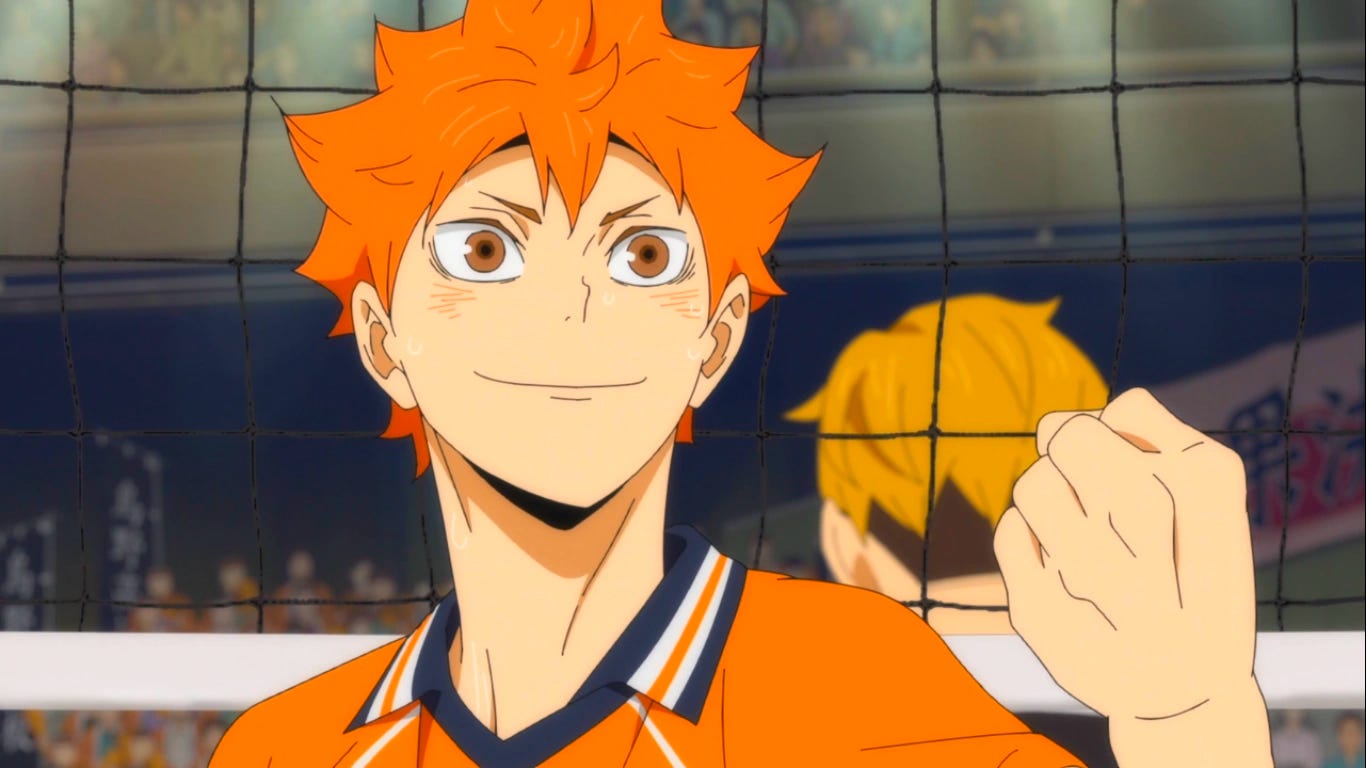



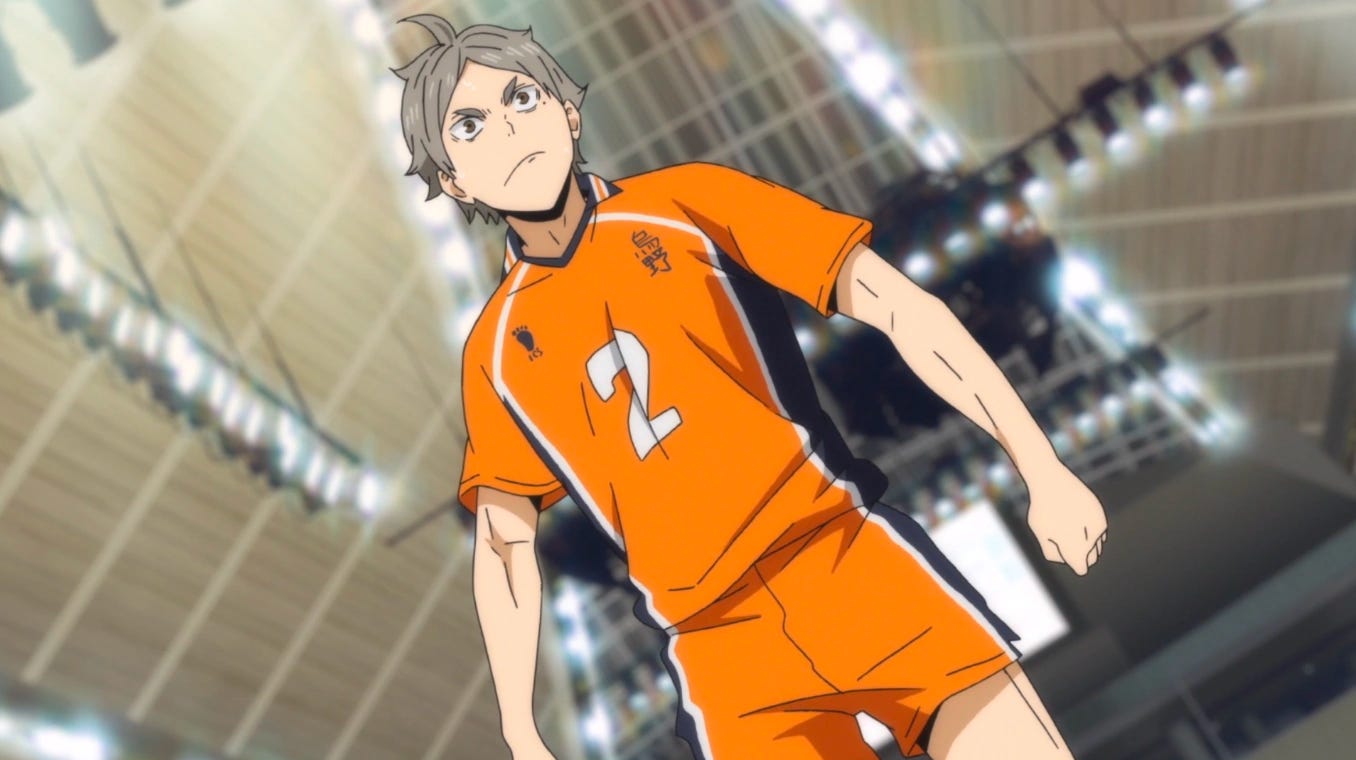
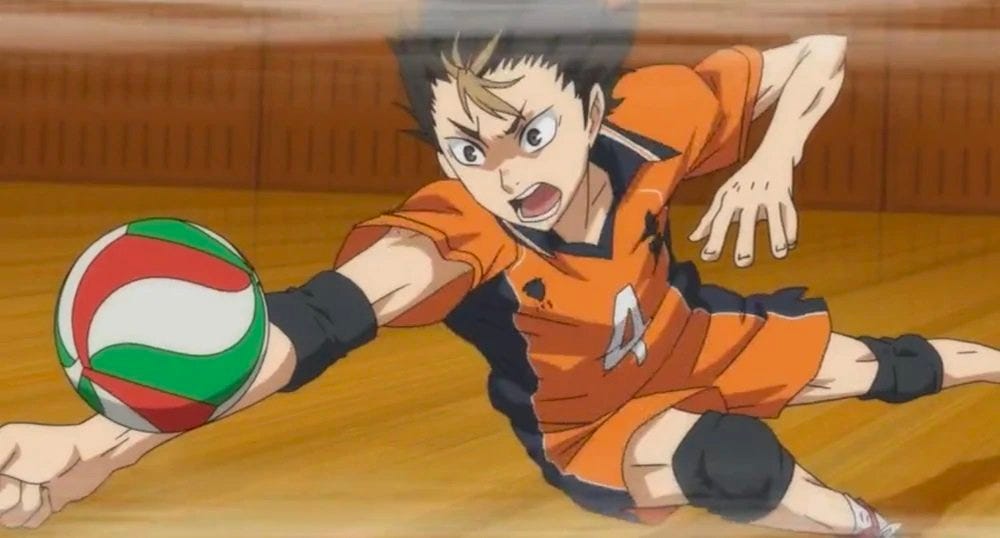
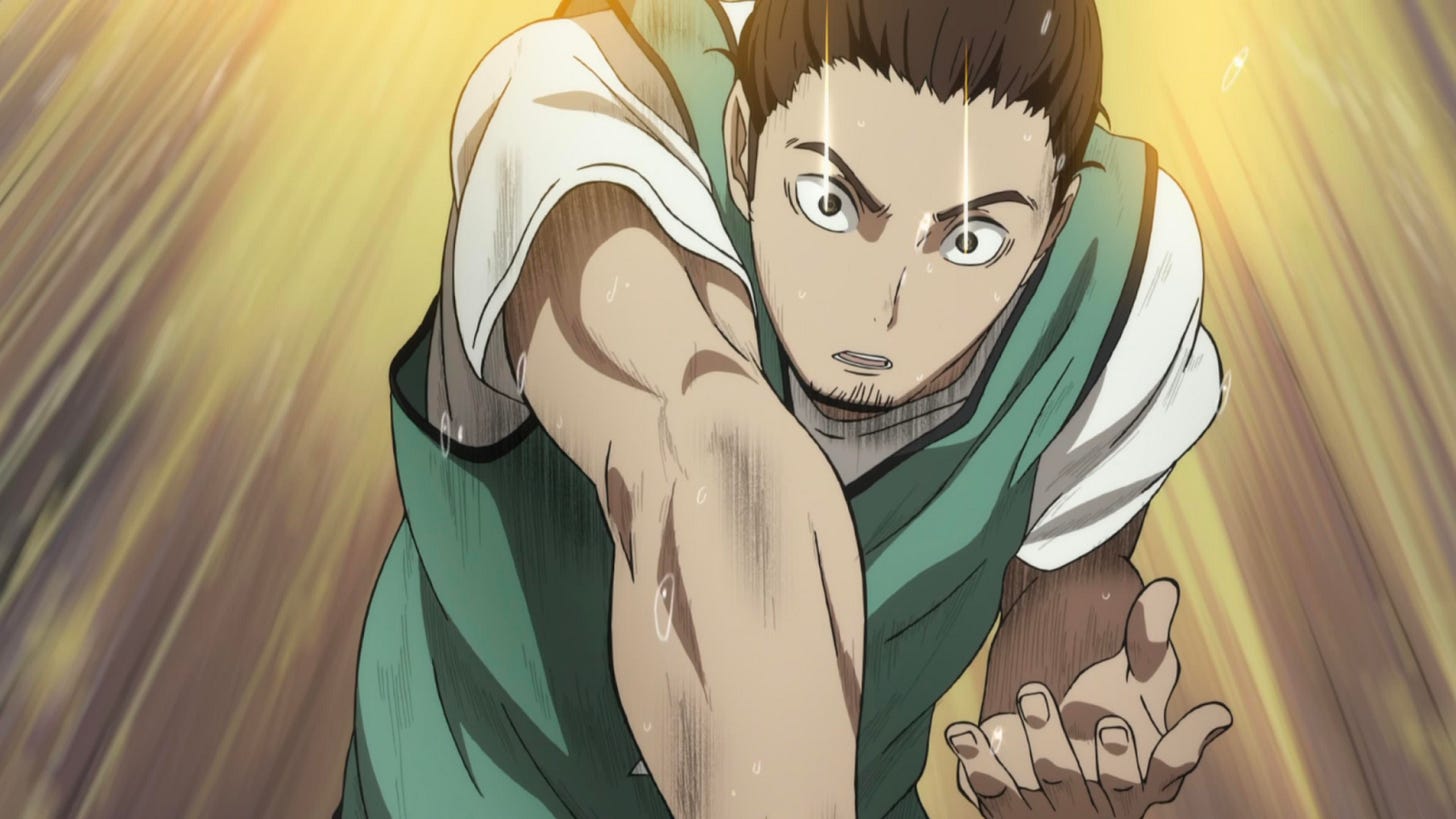
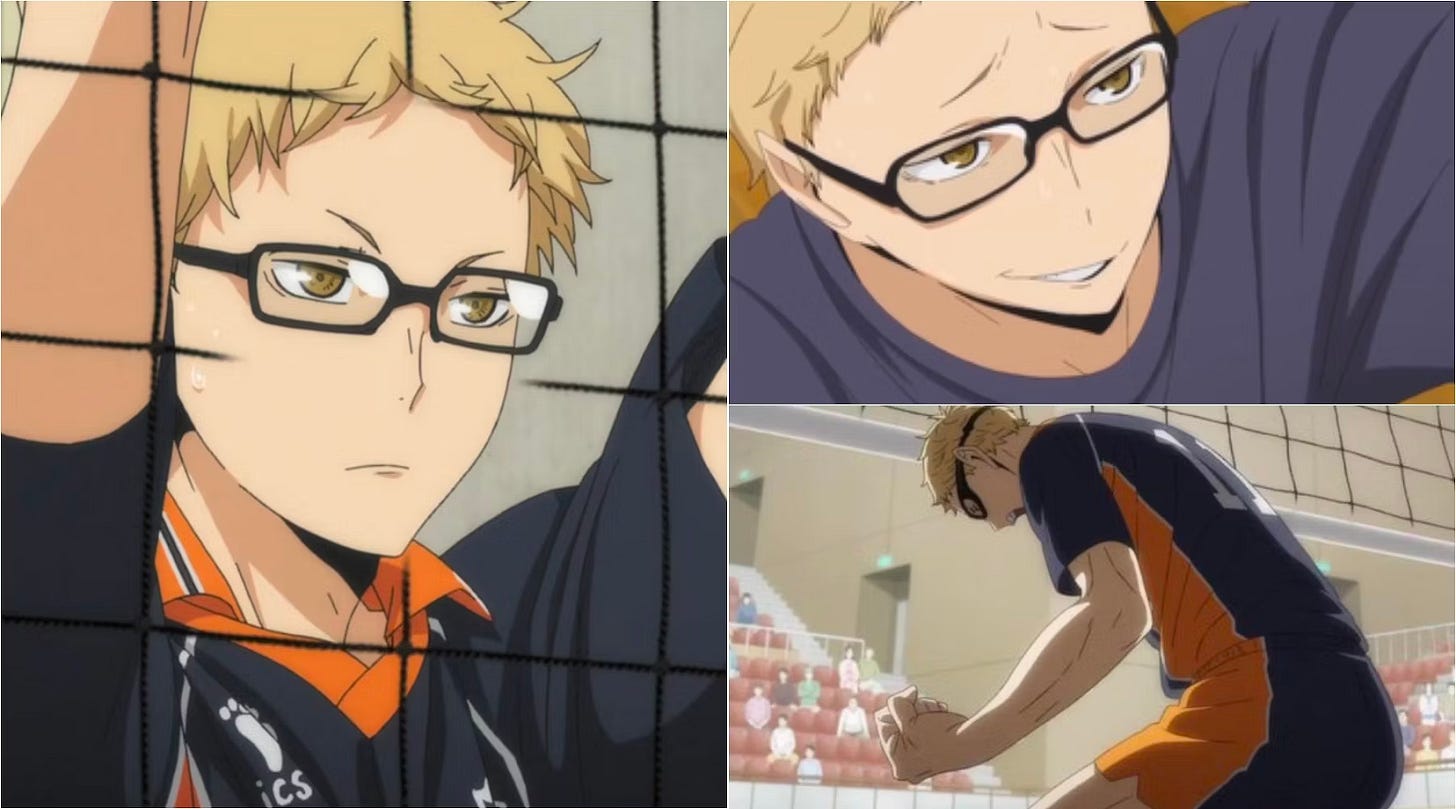


Your text reminded me of the names of the main characters in Kuroko no Basket ;)